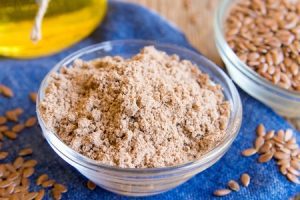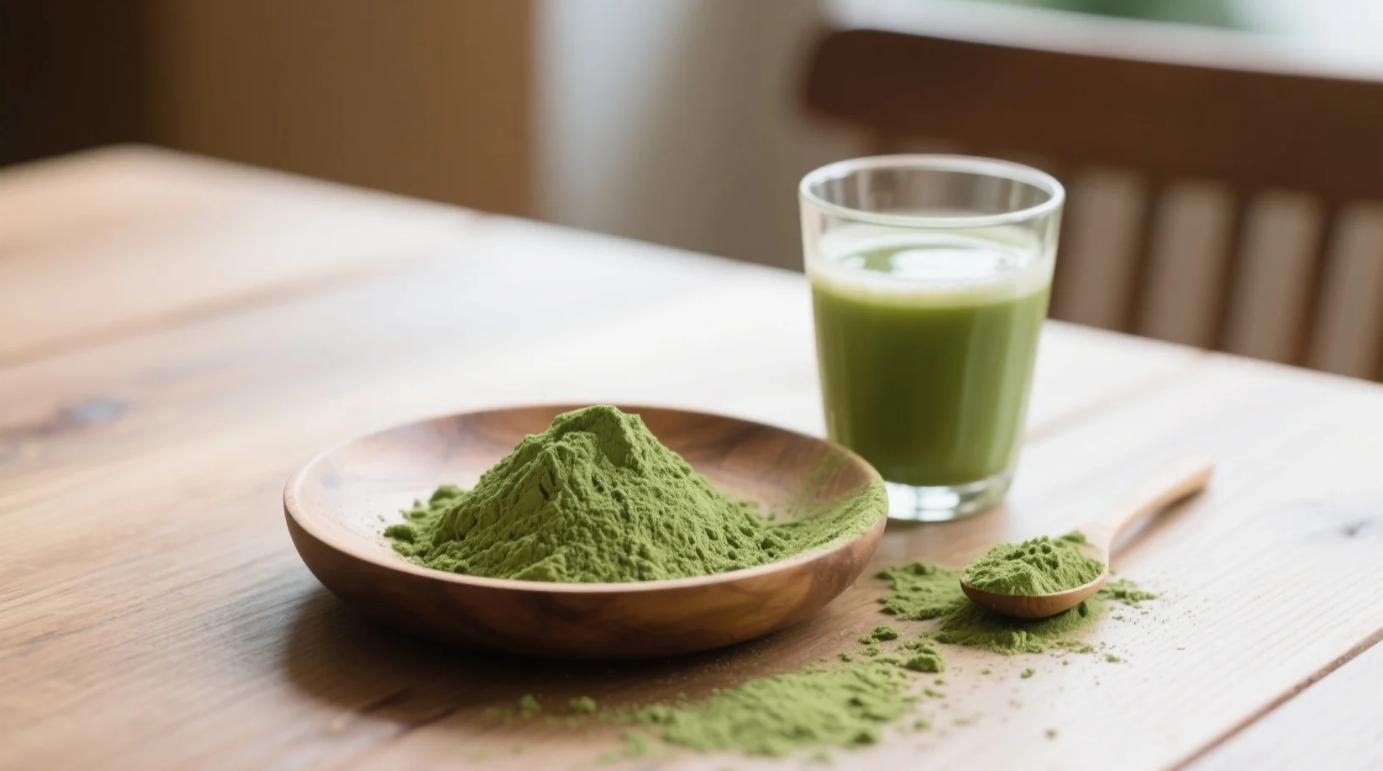Table of Contents
As consumers increasingly demand healthier and more organic food and beverage options, the demand for natural alternatives to conventional ingredients continues to rise. In this context, organic maltodextrin has emerged as a versatile and valuable ingredient, offering a range of functions and advantages in various industries. This article aims to explore the functions and advantages of organic maltodextrin and shed light on the fields and products in which it can be effectively utilized.
Understanding Organic Maltodextrin: Maltodextrin is a type of carbohydrate derived from starch, typically sourced from corn, wheat, or potatoes. It is produced through a process of enzymatic hydrolysis, which breaks down the starch into shorter chains of glucose molecules. Organic maltodextrin, as the name suggests, is derived from organically grown crops, free from synthetic pesticides or fertilizers.
Functions of Organic Maltodextrin:
- Bulking Agent and Filler: Organic maltodextrin serves as an effective bulking agent and filler due to its ability to absorb and retain moisture. It enhances the texture, mouthfeel, and stability of food and beverage products, making it a valuable ingredient in items like soups, sauces, and baked goods.
- Flavor Carrier: Organic maltodextrin has a neutral taste profile, making it an ideal carrier for flavors, colors, and nutritional additives. It helps to evenly distribute and protect sensitive ingredients, ensuring consistent taste and quality in a wide range of food and beverage applications.
- Sweetener Enhancer: By binding with natural or artificial sweeteners, organic maltodextrin enhances the sweetness perception and improves the overall flavor profile. It is commonly used in powdered drink mixes, protein bars, and confectionery products to optimize sweetness without adding excessive sugar content.
- Nutritional Additive: Organic maltodextrin acts as a source of easily digestible carbohydrates, providing quick energy. It is often included in sports drinks, energy gels, and meal replacement products to replenish glycogen stores and support physical activity or recovery.
Advantages of Organic Maltodextrin:
- Organic Certification: Organic maltodextrin offers the assurance of organic certification, meeting the growing demand for organic and clean label products. It is produced from crops cultivated without the use of synthetic chemicals, appealing to health-conscious consumers seeking natural and sustainable options.
- Improved Digestibility: Maltodextrin’s enzymatic hydrolysis process breaks down complex carbohydrates into simpler forms, facilitating easier digestion and absorption. This makes organic maltodextrin a suitable choice for individuals with sensitive stomachs or those seeking easily digestible options.
- Allergen-Free: Organic maltodextrin derived from gluten-free crops provides an allergen-free alternative to wheat-based ingredients. This is particularly advantageous for individuals with gluten sensitivities or celiac disease, allowing for the creation of gluten-free food products.
Applications Across Industries:
- Food and Beverage: Organic maltodextrin finds applications in a wide range of food and beverage products, including bakery goods, dairy products, beverages, condiments, and nutritional supplements.
- Pharmaceutical Industry: Organic maltodextrin is utilized as a filler, binder, and stabilizer in pharmaceutical formulations, including tablets, capsules, and oral suspensions. Its ability to enhance stability and control release properties makes it a valuable ingredient in drug manufacturing.
- Personal Care and Cosmetics: Organic maltodextrin is also used in personal care products such as creams, lotions, and cosmetics. It acts as a binder, emulsion stabilizer, and texture enhancer, contributing to product performance and sensory attributes.
Conclusion:
Organic maltodextrin offers a range of functions and advantages, making it a versatile ingredient in various industries. From improving texture and stability in food and beverages to enhancing digestibility and enabling organic certification, organic maltodextrin has become a valuable choice for manufacturers seeking natural and sustainable solutions. As consumer demand for healthier and cleaner products continues to grow, the applications of organic maltodextrin are likely to expand further, revolutionizing multiple industries along the way.

